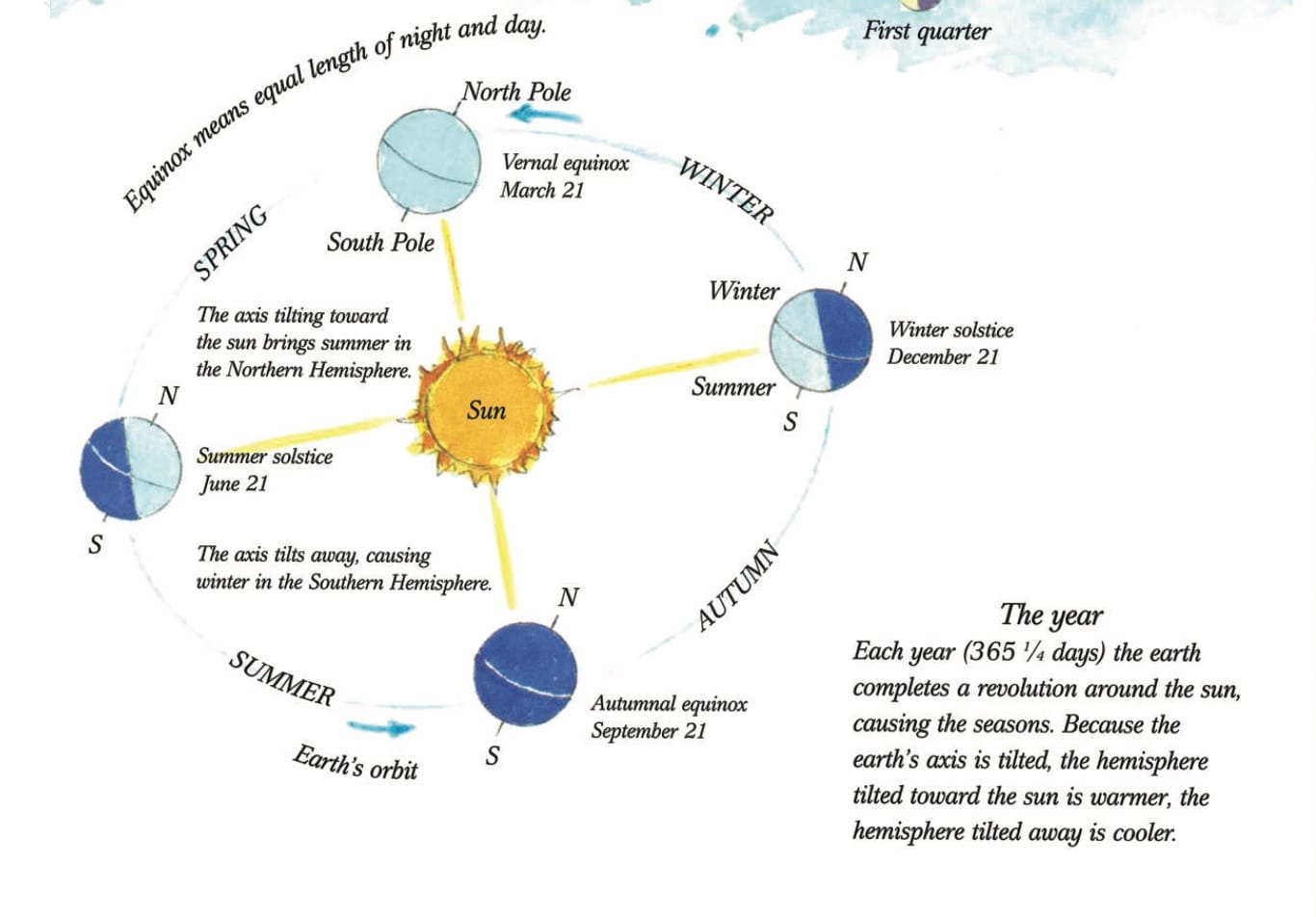Not My New Year
Happy New Year, though it's not my new year. Most of the world does not celebrate new year on January 1st. Russian new year is January 14th, Chinese new year is in their spring (Jan/Feb), Sri Lankan new year is in April, Indian Diwali is Oct/Nov, and the Muslim new year is always moving. New years are literally all over the map.
At Tale Of Two New Years

I think what unifies the northern (January) and my southern (April) new year is that they happen in the worst months of the year, respectively. Both holidays occur at the hottest/coldest time of the year, at a point when things can only get better.
Sri Lanka's new year is round the vernal equinox, when the equator is directly facing the sun. Sri Lanka, being nearly on the equator, gets positively spit-roasted. By April, the air feels hot to the touch, but this is when the village decides to have footraces and climb greased poles for fun. It's maximum copage in the most difficult month.
In the same way, the Northern Hemisphere gets frozen around the winter solstice, when the north tilts away from the sun. The winter solstice is literally their darkest day but, as the saying goes, it's always darkest before the dawn. So Northerners culturally enforce good cheer during their darkest, dismalest month. It's maximum copage north and south.
The Best One
I must admit that, of the two new years, I like the southern one better. The equinox has history to it, going back to ancient Babylon. In Sri Lanka we still use the Babylonian star charts, meaning our astrology no longer matches astronomy. It's been so long (over 4,000 years) that the Earth has wobbled on its axis and the ancient 'map' we use is off. In this way, Sri Lankans still inhabit the Babylonian universe when we celebrate Avurudu. Both Sinhalese and Tamils celebrate around the same time as Iranians, harking back to some common ancestor long ago.
Post colonization and our cannibalization via mass migration, Sri Lankans also celebrate the northern new year. We effectively have two new years. April is when the servants go back to their village, and December is when the migrants come back to Sri Lanka. The old, feudal, masters have to give leave in April and the new, capitalist, masters have to give leave in December. It's two sides of the same coin, one ancient, one modern. That's why I disappeared in December, because I was hosting family from abroad. I have to warn you that I'll disappear for weeks in April also, as I go back to my own village or the hills, ideally. Some Sri Lankans never come back from Avurudu at all.
What I find interesting is that the northern (or western) world still follows the ancient calendar in its own way. For most companies, the financial year starts in April, for reasons nobody really thinks about. And Easter is still a big celebration, bigger than Christmas in many communities. The Roman calendar started in March and for many communities (including Christians), April 1st was the new year for centuries. The Gregorian calendar definitely changed this in 1582, but many people failed to get the message. People who still observed the new year at the old time were called, apocryphally, April Fools. Thus, even in the history of the northern world you can see southern roots. Which is all a roundabout way of saying, Happy New Year to you.